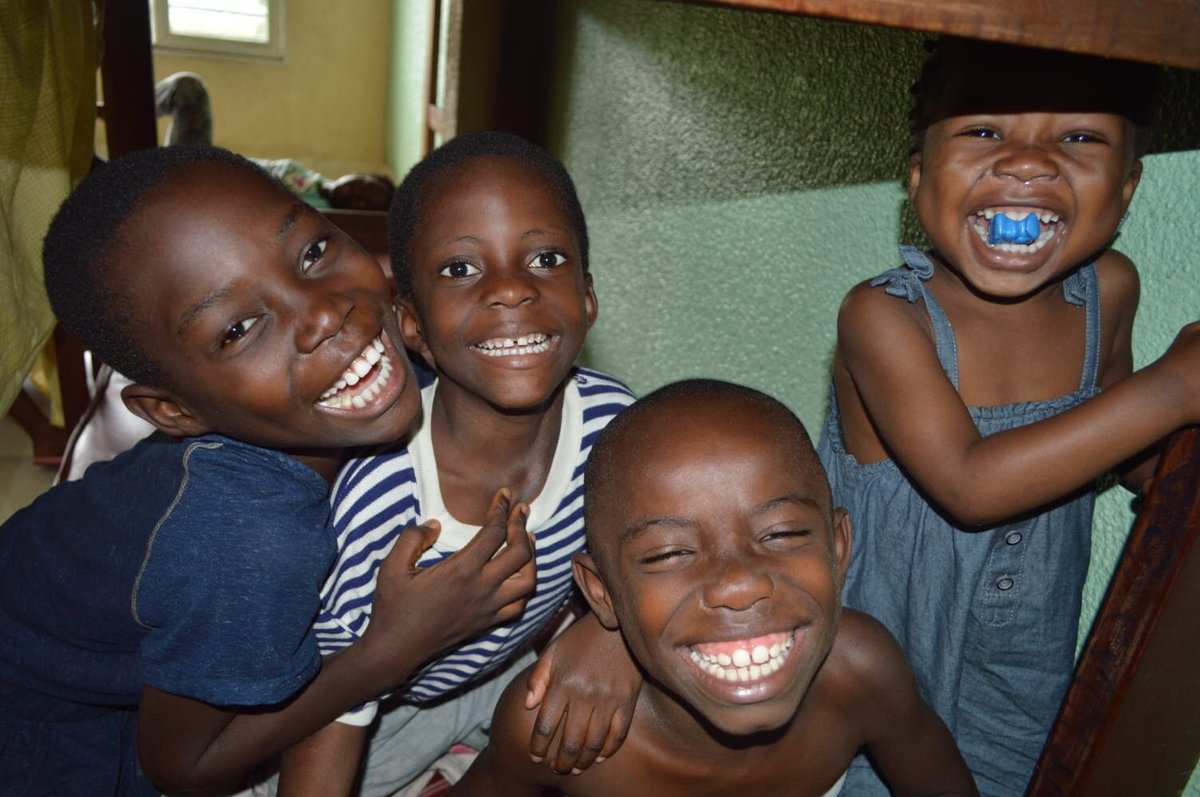Hope and stereotypes

The NGO Malembe was born in 2017 with the purpose of promoting the personal and academic development of children and young people at the orphanage at Kimbondo, Kinshasa (Democratic Republic of Congo). This orphanage has existed since the 90s, and supports more than 500 children until their schooling is completed, at the same time, it is a hospital with hundreds of patients per month. The organizational structure is comprised of over 200 people (educators, cooks, cleaners, doctors, nurses and administrative staff), and distributes the kids and young people by age or life circumstances in different sections that become their home.
I am one of the founders of this NGO, and I would like to share some of the stories that take place here:
I’ve come to a point in my life where I’m starting to feel as comfortable as in my home when I arrive at this place. Kids and young people already know me, I don’t have to gain their trust or confront the uncertainty of the unknown. This place is a complex micro-society, full of obstacles and frustrations, individual and collective battles, but also full of hope, courage and aspirations. First impressions are always quite shocking, as Jaime and Lucía can corroborate, two volunteers that came this last year for the first time. Besides the living condition at the orphanage, -which everybody imagines them catastrophically just because it is in Africa-, what shocks the most are some situations of total indifference, which are sometimes outrageous, but at the same time, you may encounter acts of selfless love difficult to replicate in other contexts.
Right now I’m waiting for a 17 years old young woman to help her to properly read. She is such a strong and determined woman she would be a great fit for any leadership role. However, because of her life circumstances, she never had the opportunity to learn to properly read. Nevertheless, she works every day at the Pediatrics-Orphanage, and works in order to grow, learn, and aspire to one day become what she is destined to be, not waiting for a miracle -or white person- to give it to her. I also know Helton, a young English teacher that works like no other, and is really smart, capable, kind and with a clear objective in his life. Without any help, he has learnt a quite good Spanish and made a plan to afford his trip to Spain, to work as a teacher there.
I would not dare to judge, nor say that people here are happy with what they have. The Democratic Republic of Congo is one of the poorest countries in the world, and smiling is part of their hospitality, or they trying to please westerners. But I am starting to notice progress here, thanks to the changes and initiatives promoted by people that do not conform with the local stereotypes that predetermine the life of young people and workers of the orphanage to misery and mediocrity. I am talking about people who do not expect anything from no one but themselves, people who have their own hands and effort to find their place and do not fear failure, which is what waits for them if they never try to change things. I am starting to see people who look beyond their salary and not only reflect on their aspirations but also materialise them.
In the middle of this cloud of obstacles, a stumbling block that westerners love to identify as “endemic” or “without solution”, I see a glimmer of hope that leads the way and claims the non-generalisation of the African-Congolese citizen’s attitude.